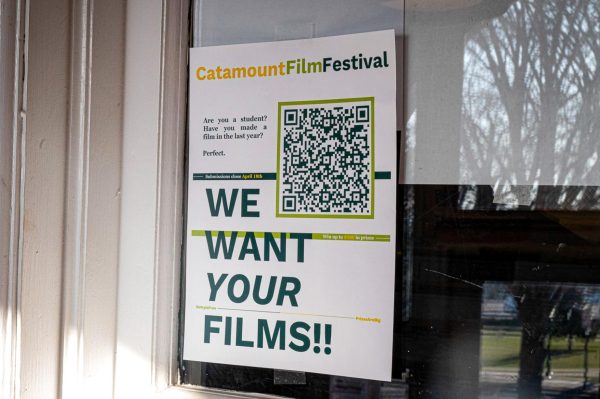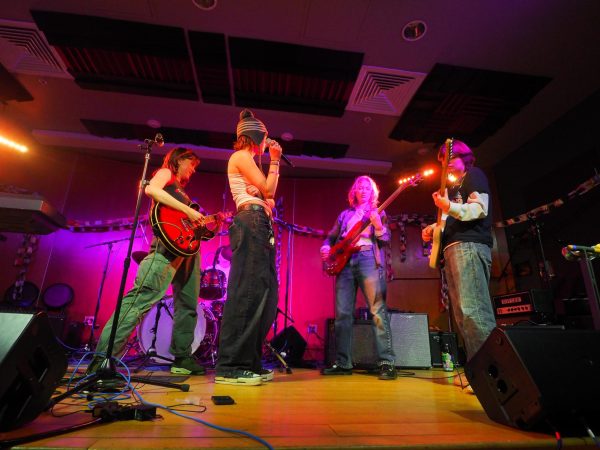The US and Soviets team up in a new spy movie

In “Bridge of Spies,” James Donovan (Hanks) is an insurance lawyer charged to defend captured Soviet spy Rudoph Abel. Despite the clamoring of the entire United States to see him sentenced to death in a kangaroo court, Donovan is determined to give Abel a fair trial. Devoted to the Constitution, Donovan wants the U.S. to maintain moral superiority in the Cold War by adherence to rule of law. Through his efforts, Donovan saves Abel from the electric chair, although the spy is still sentenced to 30 years in federal prison.
Soon afterward, American spy plane pilot Francis Gary Powers (Austin Stowell) is shot down in the Soviet Union and is convicted of espionage by the Russians. As a result of his relationship with Abel, Donovan is contacted by the CIA to help broker a prisoner swap with the Soviets. When Donovan travels to East Berlin to negotiate the trade, he finds himself thrust deeper into the conflict. The unassuming insurance lawyer finds himself in a cloak and dagger world where people are used as pawns in the global game of espionage. Expertly crafted suspense, excellent pacing and familiar spy-genre motifs distract from the two and a half hour runtime. Meanwhile, social commentary on mob mentality, jingoism and the effects of propaganda encourage the audience to reflect on what they’ve seen long after the movie ends. The broad scope of the movie requires that breadth of time to be sped over and the time frame of the events are not very clear. Similarly, the historical authenticity is dubious, as is the case with most historical dramas. “Bridge of Spies” does a surprisingly good job of avoiding classic spy movie blunders. Rather than portray a black and white picture of morality with the U.S. saving the world from the sinister USSR, the audience is faced with governments that conduct themselves in cold and impersonal ways. The calculated decisions by the CIA and the KGB regarding their agents remind the audience of the high-stakes nature of the Cold War. 4.5/5 stars










